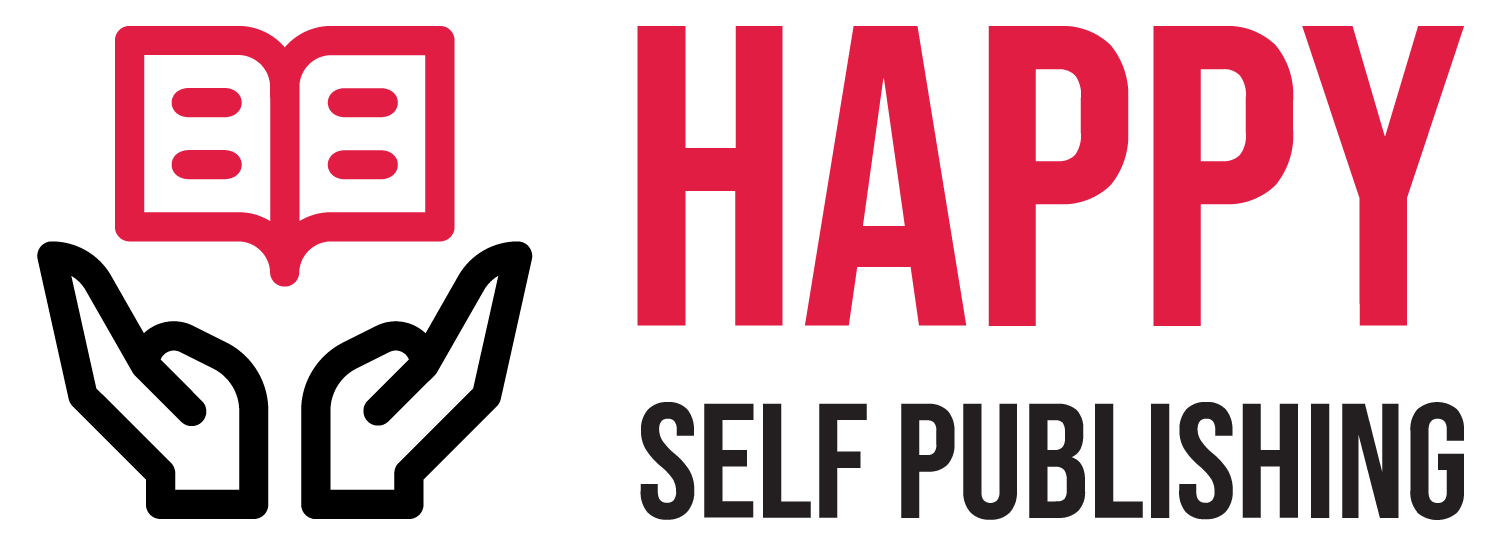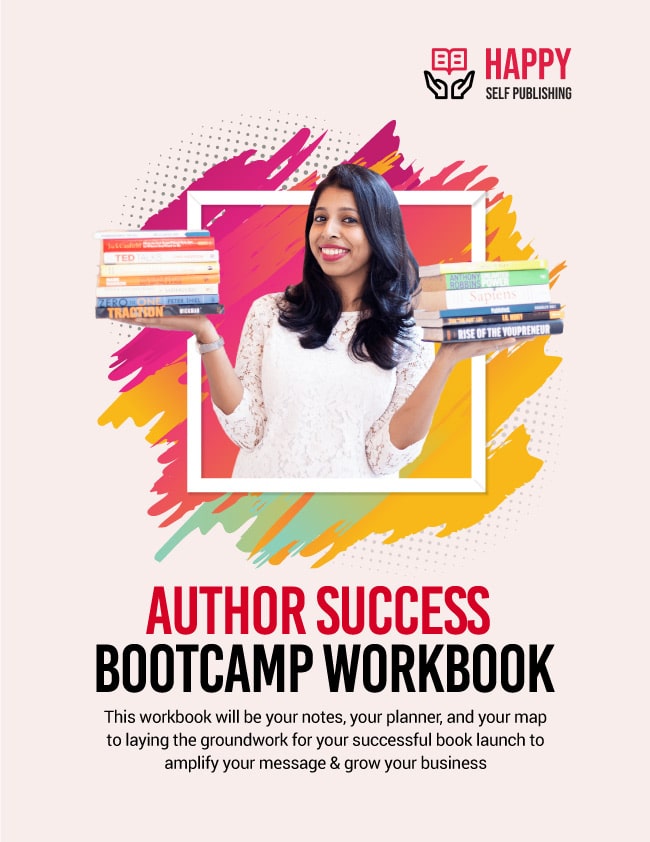Congratulations! You’ve come up with your book idea, have done your competitor research and have a clear idea of how to market your final work within your chosen niche. Beyond that, you’ve created a table of contents, mapped out a writing schedule and are finally ready to set the wheels in motion to make your project happen!
Everybody who’s seen your work tells you that you’re a great writer, so you’re looking forward to self-publishing and skipping out on the costs of a traditional editor. While we have no doubt that your writing is fantastic, there are several common writing mistakes to keep in mind when creating your manuscript for the first (or subsequent) time. As professional editors, we come across these stylistic glitches day in and day out while scanning through the first drafts of our clients’ books. By becoming aware of them and steering your writing in the opposite direction, your book’s contents will improve almost instantaneously.
Trying too hard
We all know that one person. You know, the one who walks into a social gathering and tries desperately to be the loudest, funniest or most entertaining person in the room. While they genuinely might believe that they’re engaging others, everybody else quickly sees through the act and becomes irritated by their presence. A similar concept can apply when you’re writing your book, especially if it’s a biography or how-to themed. Hoping to connect with your reader, authors can easily adopt an act in hopes of coming across as funny, witty and likeable. Let your content speak for itself and allow your personality to shine through just the way it is. Don’t force your audience to become attached to your characters or laugh at the jokes in your manuscript. As humans, we automatically sense when somebody is trying too hard.
Using cliches and overembellishing
She was lighter than a feather. It was a dark and stormy night. Everything happened quicker than lightning. They moved as slow as molasses. We were cozier than two peas in a pod. Starting to see a pattern? While the occasional cliche is inevitable, relying on them to get your point across is unoriginal and irritating to readers. Allow your book’s riveting storyline to engage your audience members and convince them to keep turning its pages. A pile of cliches quickly makes it seem as though an author lacks innovation.
Once you’ve managed to successfully trim the cliches from your book, be conscious of any overembellishment. It isn’t necessary to insert ten different adjectives to describe the stunning, awe-inspiring, magical, unforgettable crystal blue waters at a tropical beach. You also probably don’t need to say that your character loaded up her shopping cart with cheeses, wines, olives, pears and crackers to indicate that she made a trip to the grocery store. Keeping your text sharp and concise will convey ideas in a straightforward manner and have your readers coming back for more.
Creating content that isn’t relatable
If your book focuses on money saving tips that will quickly help people clear off their debt, make sure your suggestions are achievable! For instance, you certainly wouldn’t request that your audience attempts to live on ramen noodles for a month in order to squirrel away more money for their mortgage payments. If your readers can’t relate to the content in your book, it will ultimately fall flat. The same concept applies to fiction novels. If your main character suddenly starts to act erratically and completely differently from the portrait you’ve painted of them throughout the book’s first 20 chapters, your audience’s interest will quickly wane. Of course, this isn’t to say that you shouldn’t concoct a plot that is totally out of the box! The Harry Potter storyline was something the world had never seen before, yet part of the series’ success was how the characters had clear, relatable personality traits that every reader could identify with. They might have been practicing wizardry and battling mythical creatures, but audiences had a general idea of how they would act in a situation, or what their train of thought was during difficult times.
Opting for a concept that fails to engage
The easiest way to ensure that your book flops is by choosing a concept or storyline that fails to engage the reader. Take, for instance, the hundreds of books about vampires that were released after the success of Stephenie Meyer’s Twilight series. While Meyer enjoyed mass commercial success, her achievement spawned countless copycats whose books lacked original ideas. Unsurprisingly, they weren’t met with the same record-breaking sales figures as the Twilight series were. Audiences around the world had already been exposed to Meyer’s storyline, leaving them bored and uninspired by authors who tried to ride on her coattails. Your book’s concept is the key to its success – be sure to come up with a strong one that will leave readers engaged, surprised and wanting more. You can achieve this by doing the necessary research ahead of time to see what’s already been published, what your competitors have written about and how to stand out from the pack.
Using repetitive vocabulary
Every author leans on a crutch word. Because they’re so comfortable using it, many won’t notice its prominence when proofreading their completed manuscript. Often times, these words are so unremarkable that even a professional editor might not catch onto them when scanning through a book. However, slowly but surely, your crutch words will start to stand out to the reader and annoy them if they’re not swapped out for alternatives ahead of time. While it might seem tricky to come up with a synonym for a verb like “said”, repeating it every time you’re referring to a figure of speech is going to get old quickly. Try as best as you can to diversify your vocabulary and veer away from repetition.
Seeking professional editing help for your book? Get in touch with us to learn more about our service packages.







